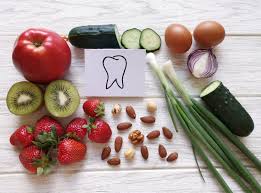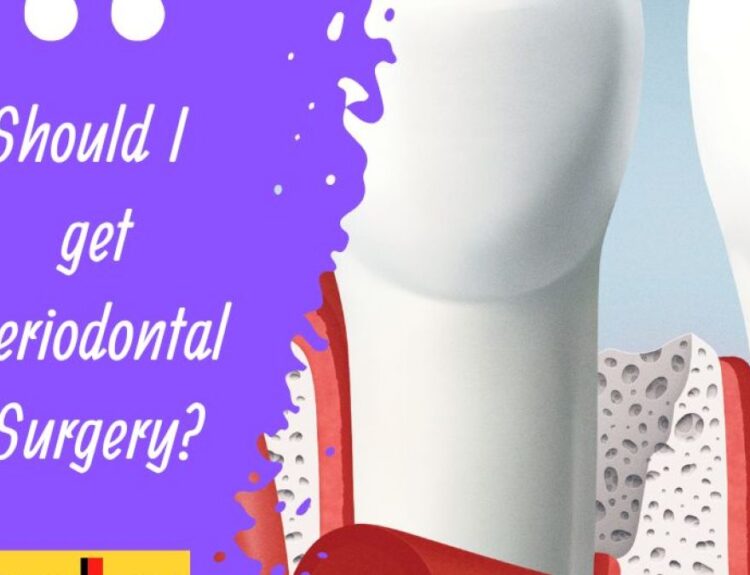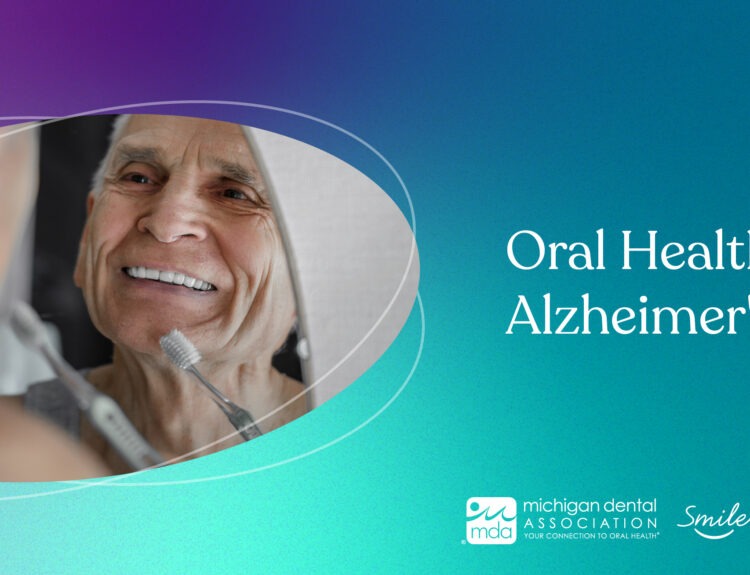Functional Food for a Healthy Mouth
A healthy mouth is the gateway to a healthy body. Oral health is not only about maintaining clean teeth and gums but also ensuring that the nutrients we consume support the biological processes that keep our mouths disease-free. Functional food plays a vital role in promoting oral health.
Functional food is the one that provide health benefits beyond their basic nutritional value. Incorporation of specific nutrients and compounds into our diets, we can help prevent dental diseases, improve gum health, and strengthen teeth.
The mouth is a complex environment influenced by bacteria, saliva, diet, and oral hygiene practices. Though regular brushing and flossing are essential but diet plays an equally important role. Nutrients consumed through food directly affect the integrity of teeth and gums, as well as the composition of saliva and the oral bacteria. Functional foods go a step further by actively enhancing these protective mechanisms.
Functional Foods for Oral Health
- Dairy Products
Milk, yogurt, and cheese are rich in calcium and phosphorus, two essential minerals that help remineralize tooth enamel and strengthen teeth. Cheese, in particular, increases saliva production, which helps neutralize acids produced by harmful bacteria. Mreover, casein, a protein found in dairy, forms a protective layer on teeth, shielding them from decay.
- Green Tea, Black tea & Coffee
They contain catechins, a type of polyphenol known for its antibacterial and anti-inflammatory properties. These compounds help reduce harmful oral bacteria, combat bad breath, and lower the risk of gum disease. Regular consumption of unsweetened green tea may also decrease plaque formation and reduce the incidence of cavities.
- Crunchy Fruits and Vegetables
Apples, carrots, strawberries and celery act as natural toothbrushes, stimulating saliva production and mechanically removing food particles and plaque from teeth. These foods are also rich in vitamins like vitamin C, which supports gum health by promoting collagen production and reducing inflammation. Cranberries contain proanthocyanidins, which can prevent bacteria from sticking to teeth.
- Probiotics
Probiotic-rich foods, such as yogurt, kefir, and fermented vegetables, help balance the oral bacteria by promoting the growth of beneficial bacteria. A healthy microbial balance in the mouth reduces the risk of cavities, bad breath, and gum disease.
- Nuts and Seeds
Almonds, sesame seeds, and sunflower seeds have calcium, phosphorus, and other minerals essential for enamel health. Their crunchy texture also promotes mechanical cleaning of teeth. Nuts like walnuts are rich in omega-3 fatty acids, which have anti-inflammatory properties that support gum health.
- Xylitol-Containing Foods
Xylitol, a natural sugar alcohol found in certain fruits and vegetables, is commonly used as a sugar substitute. Unlike regular sugar, xylitol cannot be metabolized by cavity-causing bacteria, effectively reducing their growth. Chewing gum and mints containing xylitol are particularly beneficial for stimulating saliva flow and maintaining oral hygiene.
Incorporating Functional Foods into Daily Life
Adopting a diet rich in functional foods is easy and straightforward to integrate into daily routines. Slight change of habits is necessary;
- Replace sugary snacks with raw vegetables, nuts, or yogurt.
- Drink unsweetened green, black tea or coffee instead of sugary beverages.
- Use xylitol-based gum after meals to stimulate saliva and reduce acid levels.
- Include dairy products in your meals to ensure sufficient calcium and phosphorus intake.
- Consume nuts if you feel hungry during major meals
- Stop eating or drinking an hour before going to bed. Plain water, however, is allowed.
Read our full disclaimer.



